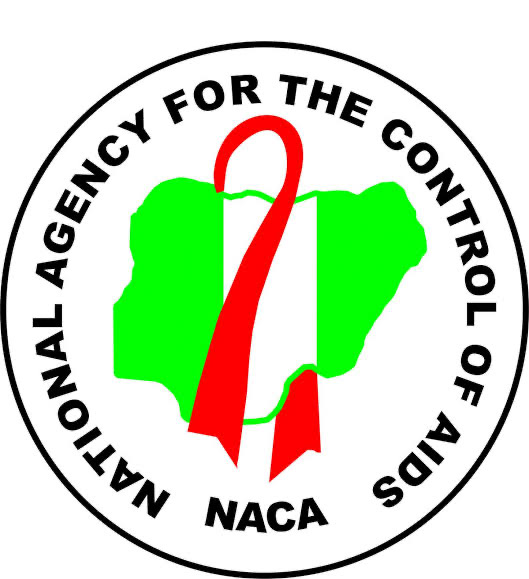Dr. Temitope Ilori, head of Nigeria’s National Agency for the Control of AIDS (NACA), says Nigeria must act boldly to keep HIV prevention, treatment, and support available even as international funding changes.
NACA promised to work harder to raise money within Nigeria to make sure the country can handle HIV/AIDS on its own and keep programs running smoothly.
Ilori said this during the opening of the 7th National Council on AIDS meeting in Lagos, which focused on how to keep Nigeria’s HIV programs strong as global aid changes.
The three-day event was organized by NACA and Lagos State AIDS Control Agency. It gathered people from 36 states, the Federal Capital, development groups, civil society, and patients to discuss ways to improve Nigeria’s HIV response.
The National Council on AIDS was created by law in 2006 and leads the country’s work against HIV through many different sectors.
This seventh meeting looks back at past progress and plans new strategies to fight HIV in the future.
Ilori said that while the government has focused on getting life-saving medicines under President Tinubu’s leadership, more political support and local funding are still needed.
She stressed the need for Nigeria to rely less on foreign donors for money to fight malaria, HIV, and TB, especially as international funds are being cut.
Ilori said all levels of government in Nigeria must take charge by increasing budgets, releasing funds on time, and showing strong leadership.
She added that Nigeria must strengthen its own resources and teamwork to reduce dependence on international donors.
The NACA leader said the agency is working harder to support HIV programs using local money, producing drugs in Nigeria, and improving health insurance.
She said the main focuses of the 7th Council are keeping programs sustainable despite funding cuts, working across different sectors, and strengthening local efforts.
Ilori highlighted the need to be creative, raise local funds, use resources well, and keep HIV, TB, and malaria programs strong for the future.
She mentioned that NACA is working with the National Health Insurance Authority to provide full and integrated care for people living with HIV.
Ilori said fighting HIV requires working across health, education, social welfare, and economic areas because HIV affects many parts of life.
She said solving these problems at the community level is important for long-term success.
She explained that local agencies (SACAs and LACAs) need the right tools, skills, and freedom to effectively fight HIV in their own areas.
Progress is being made. The Nigerian government, led by President Tinubu, has made medicines a priority and approved \$200 million to help fill funding gaps. The government also started a project to boost local production of HIV drugs and testing kits.
The First Lady of Lagos State, Dr. Ibijoke Sanwo-Olu, opened the meeting and promised her support for the national HIV sustainability efforts.
She said HIV is a big problem that affects families, communities, and the economy.
She said they are committed to spreading HIV programs to local areas, using the same approach as they did with the Stop TB campaign.
The seventh National Council on AIDS will help bring together efforts from different health areas like TB, malaria, reproductive health, and overall health systems.
Besides discussions, the meeting will review 12 decisions from the last council and invite stakeholders to submit new ideas and policies for consideration.


